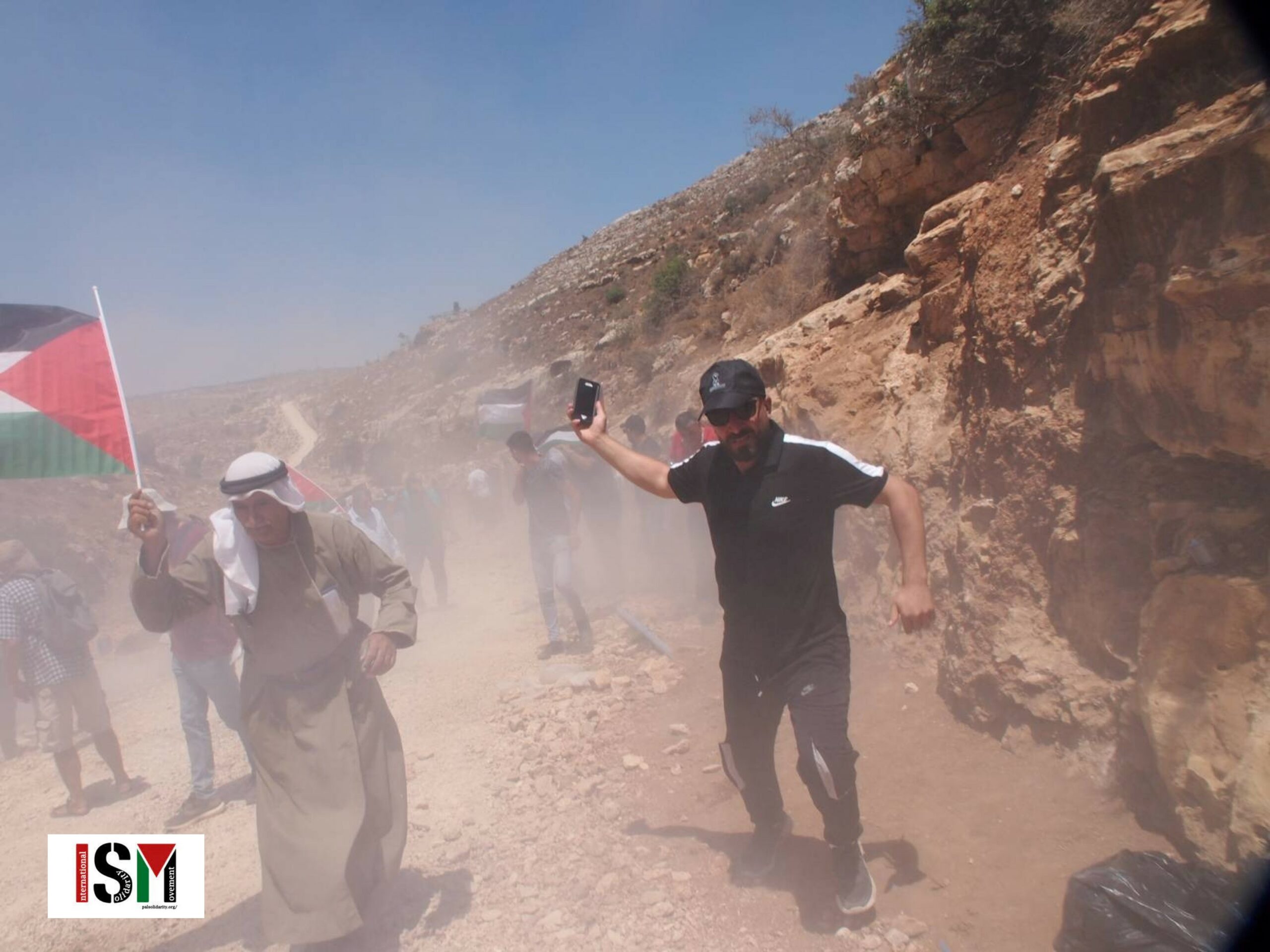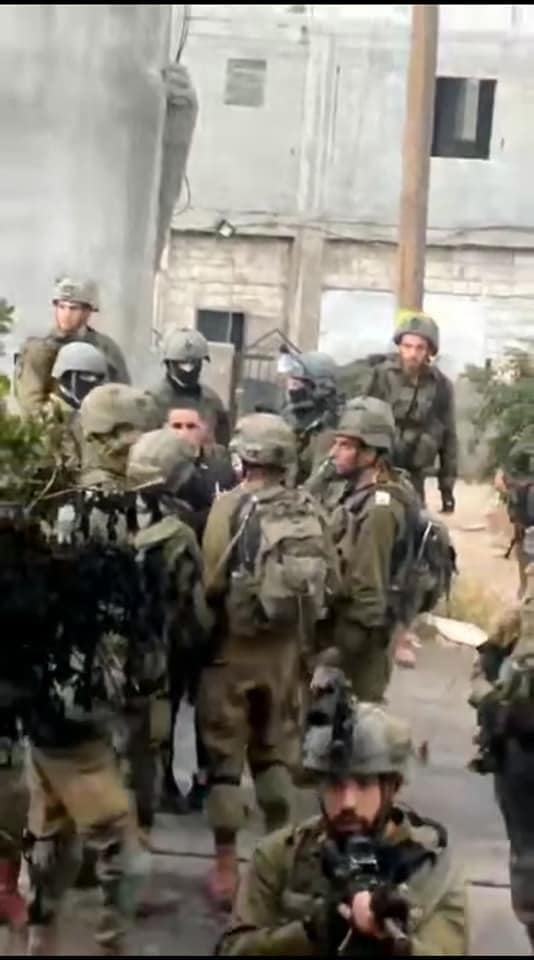Category: Reports
-
Israeli army violently represses peaceful Friday demonstration
On Friday, August 4, a peaceful demonstration was violently attacked by the Israeli army around the West Bank village of Deir Istyia, Salfit governorate. About 30 Palestinians from Deir Istiya, including women, the elderly and children were on their way to the land north of the village, accompanied by a number of Israeli and international…
-
Israeli Occupation forces Shoot Children in the Head and Then Arrests Them in Nabi Salah
6/9/2023 Nabi Salah, Occupied Palestine, In the Aftermath of the Killing of infant Mohammad Tamimi the occupying forces invaded the sleeping village of Nabi Saleh again early Friday morning and aressted Wissam Tamimi, who had just turned seventeen, and twenty-two-year-old Mohammed Fadel Tamimi, from their homes. Both suffer from severe head injuries. The Israeli military…
-
Silwan Bustan Neighbourhood Under Increased Threat
Silwan’s Bustan neighbourhood situation has worsened of late and is now even more urgent. Report By Jahalin Solidarity Silwan, Bustan neighborhood, Occupied East Jerusalem JUNE 6, 2023 1. The most recent meeting with the Mayor, and Adv. Ziad Qawar’s letter to him (1.6.23), have produced no further information as to City Hall demolition plans or…



